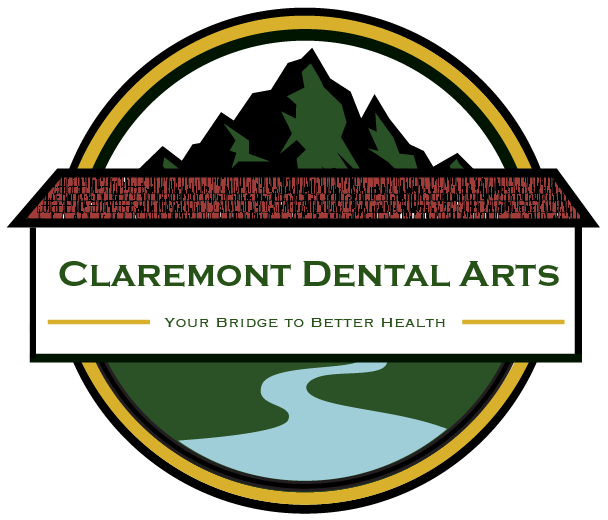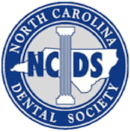
June is Dental Smiles Month, a time set aside to celebrate your smiles and focus on their care and preservation. So let’s take a look at the big question: how can you help your smile last a lifetime? Your smile is a personal trademark, a calling card, and a big part of how you project your personality to the world. Caring and helping your smile to look its best are important parts of self-care and part of building regular good habits. So let’s take a look at how you can help your smile last a lifetime, and some tips and tricks to do so.
Caring for your teeth is the work of a lifetime, so whether you’re younger or getting on in years, regular brushing and flossing is the most vital habit you can build to keep your smile working its best. Ideally, you should brush and floss after every meal, but at least strive to do so twice a day. Maintaining a regular schedule helps, as does having the right tools. A good quality toothbrush replaced regularly is a must. Brush with a circular motion, using a dollop of toothpaste roughly the size of a pea. Make sure to brush every surface on and around the teeth–your gums need care, too! Floss by winding the dental floss around two fingers, one on each hand, and gently working the floss between and around each tooth . Take care not to snap the floss into place–that can harm the gums. Work gently below the gum line for best effect, spooling the floss so that you use a clean section each time.
The next step in maintaining the best possible smile is a good diet. From an oral health perspective, this means a diet with limited sugar and starches, with a focus on green veggies and lean proteins. Excess sugars and starches can fuel the growth and spread of bacteria in the mouth. Likewise acidic foods can weaken the enamel outer layer of the tooth and lead to damage or decay. Additionally, many such foods (tomatoes, coffee, red wine) are darkly colored and can lead to staining or discoloration of the teeth. An ideal smile-friendly diet would consist of raw or lightly cooked veggies, dairy, lean proteins, and lots of fresh water!
Caring for your smile also means protecting it during physical activities. While sports and outdoor pursuits are fun and healthy, they can lead to accidents that can damage our smiles. While life always contains some element of risk, we can take steps to mitigate the chance of potential damage to our teeth. Mouthguards, faceguards, and helmets are useful towards this end, and there are purpose-made models for many sports. By investing in appropriate protective gear, you’ll be able to help protect your smile from potential damage as you enjoy your life to the fullest.
Hope we helps you understand both the importance of a great-looking smile and some of the ways you can preserve your smile and help ensure that it looks its best. We further hope that you’ll put them into practice during Dental Smiles Month so that your smile can last a lifetime! And remember, we are here to help you. Contact us!




